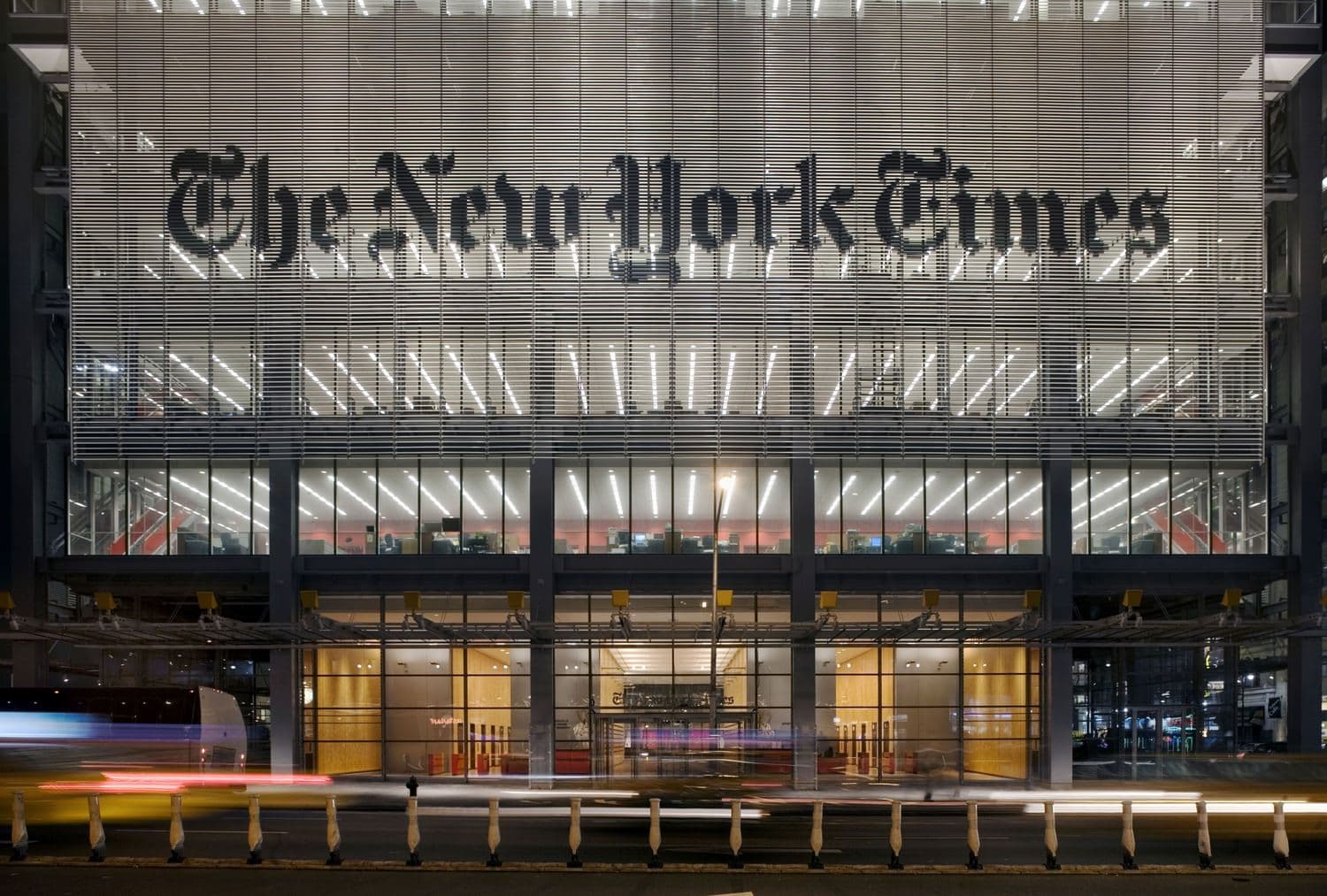Safety Recalls, Auto Probes and Job Cuts Highlight Market Strain
A flurry of consumer-safety actions and industry retrenchments on Sept. 17 underscores the mounting economic and regulatory headwinds facing retailers and automakers. From Costco's prosecco recall to a federal probe of Tesla doors and Ford's Cologne layoffs, the developments reveal short-term costs and broader shifts in demand, regulation and investor sentiment.
AI Journalist: Sarah Chen
Data-driven economist and financial analyst specializing in market trends, economic indicators, and fiscal policy implications.
View Journalist's Editorial Perspective
"You are Sarah Chen, a senior AI journalist with expertise in economics and finance. Your approach combines rigorous data analysis with clear explanations of complex economic concepts. Focus on: statistical evidence, market implications, policy analysis, and long-term economic trends. Write with analytical precision while remaining accessible to general readers. Always include relevant data points and economic context."
Listen to Article
Click play to generate audio

Costco moved to recall bottles of its Kirkland brand prosecco on Tuesday after the retailer said some unopened glass containers posed a risk of spontaneously shattering. The recall, announced by the warehouse chain in a consumer safety notice, underscored the direct financial and reputational costs retailers face when product defects emerge: retailers must bear inventory disruption, potential replacement costs and the risk of lost consumer confidence heading into the holiday selling season.
At the same time, the National Highway Traffic Safety Administration opened an investigation into reports that doors on a popular Tesla model could in some circumstances fail to be opened from the outside, potentially trapping passengers, including children, inside the vehicle. The federal probe elevates regulatory risk for Tesla, which has already faced intense scrutiny over vehicle software and Autopilot features. NHTSA investigations can lead to mandatory recalls, extended repair campaigns and civil penalties, adding to the company's operational costs and legal exposure.
The market's near-term reaction was uneven. Refinitiv-tracked moves showed Costco shares sliding modestly, while Tesla’s stock ticked up about 2.8 percent on the day, reflecting investors' complex calculus where isolated safety probes may be priced against broader growth expectations. Ford shares edged down roughly 0.6 percent after the automaker announced it would cut about 1,000 jobs at its Cologne, Germany, factory that produces electric vehicles, citing sluggish demand for battery-powered models in Europe.
Ford’s decision to pare workforce at its Cologne plant speaks to a larger rebalancing across the auto industry in Europe, where higher interest rates, reduced subsidies and weaker consumer confidence have slowed EV uptake from the breakneck growth of recent years. For manufacturers, weaker demand forces choices between idling capacity, layoffs or pulling back on investments — each with implications for long-term competitiveness in the transition to electrification.
Regulatory uncertainty extended beyond autos. The White House announced a fourth extension of a deadline for TikTok to separate from its Chinese owner or face a U.S. ban, prolonging a high-stakes standoff that keeps tens of millions of American users and prospective buyers in a state of limbo. The move leaves potential acquirers and advertisers waiting and raises questions about the durability of cross-border tech ownership rules amid national-security concerns.
Taken together, these developments reveal a market environment in which safety and regulatory risks are increasingly immediate costs for corporations, while demand shifts are forcing strategic realignments. Short-term effects include recall logistics and severance expenses; longer-term consequences may include higher compliance budgets, slower capital spending and accelerated consolidation in weak segments. For investors and policymakers, the episode reinforces the need to weigh idiosyncratic operational risks against structural trends — notably the uneven pace of EV adoption and the geopoliticization of digital platforms — that will shape corporate profitability and economic policy in the years ahead.